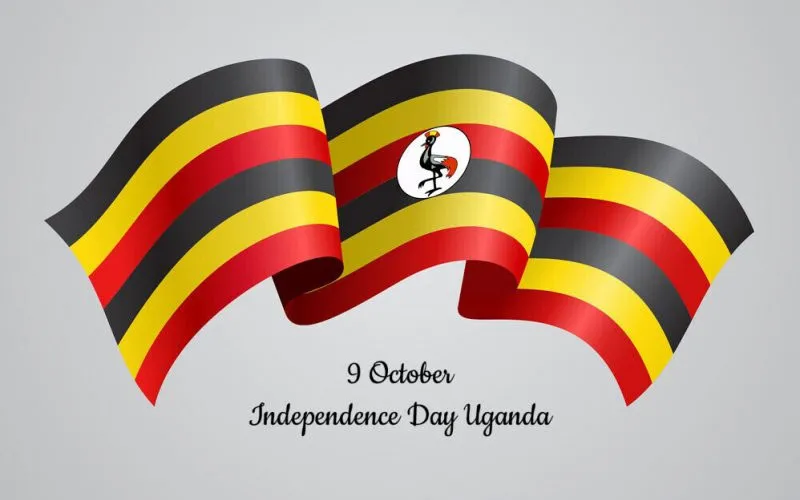They add, “The installation of large-scale hydropower dams has contributed significantly to the increased capacity, accounting for 80 percent of the total installed generation capacity in 2019.”
Despite the heavy investment in the energy sector, there is “limited access to electricity, with only 19 percent of the population using grid electricity”, UEC members say in reference to the Uganda Bureau of Statistics (UBOS, 2019/2020).
They continue, “The need for clean energy for the growth of the country cannot be over emphasized as the use of wood for fuel has been destructive to the health of so many rural women and the environment.”
The Bishops note that the livelihoods of Ugandans is linked “directly to sound natural resource management,” and say that there is need for the “Natural resource management to be put at the center of our good governance and economic development.”
Catholic Bishops in Uganda also express concern about security in some areas of the country that involve insensible killings of innocent citizens.
(Story continues below)
“We pray that human rights and dignity are respected more as we continue growing into a nation,” they say, and add, “Ugandans are yearning for peace, unity, transparency and prosperity. And to avoid our nation being stunted, freedom of speech and movement should be promoted.”
The Catholic Bishops that they find it regrettable that there are still setbacks in the country’s democracy, animated by social ills such as corruption.
“We also desired a thriving democracy and good governance. But we find ourselves concentrating on our differences rather than what unites us. We should focus on what can make us grow together as a nation. Responsible democracy and issue-based politics is the way to go,” they say.
UEC members add, “The expected moral standard and expertise of our leaders are clearly stipulated in our laws; this must be upheld by our leaders. Our aspiration is to attain transparent and accountable leadership at every level.”
They urge the government and the people of goodwill to keep focusing on “forging national unity and harmony” and “evolving democratic institutions and practices.”
“Guaranteeing fundamental human rights, creating national wealth; upholding and maintaining national independence and promoting moral and ethical values” are among the issues that Catholic Bishops in Uganda urge the government to focus on in the collective statement on the occasion of the 60th independence anniversary of the East African nation.
They also encourage the Yoweri Museveni-led government and the people of goodwill to focus on “preserving spiritual and cultural heritage and promoting feelings of humanitarianism and cooperation.”
Silas Mwale Isenjia is a Kenyan journalist with a great zeal and interest for Catholic Church related communication. He holds a Bachelor’s Degree in Linguistics, Media and Communication from Moi University in Kenya. Silas has vast experience in the Media production industry. He currently works as a Journalist for ACI Africa.








